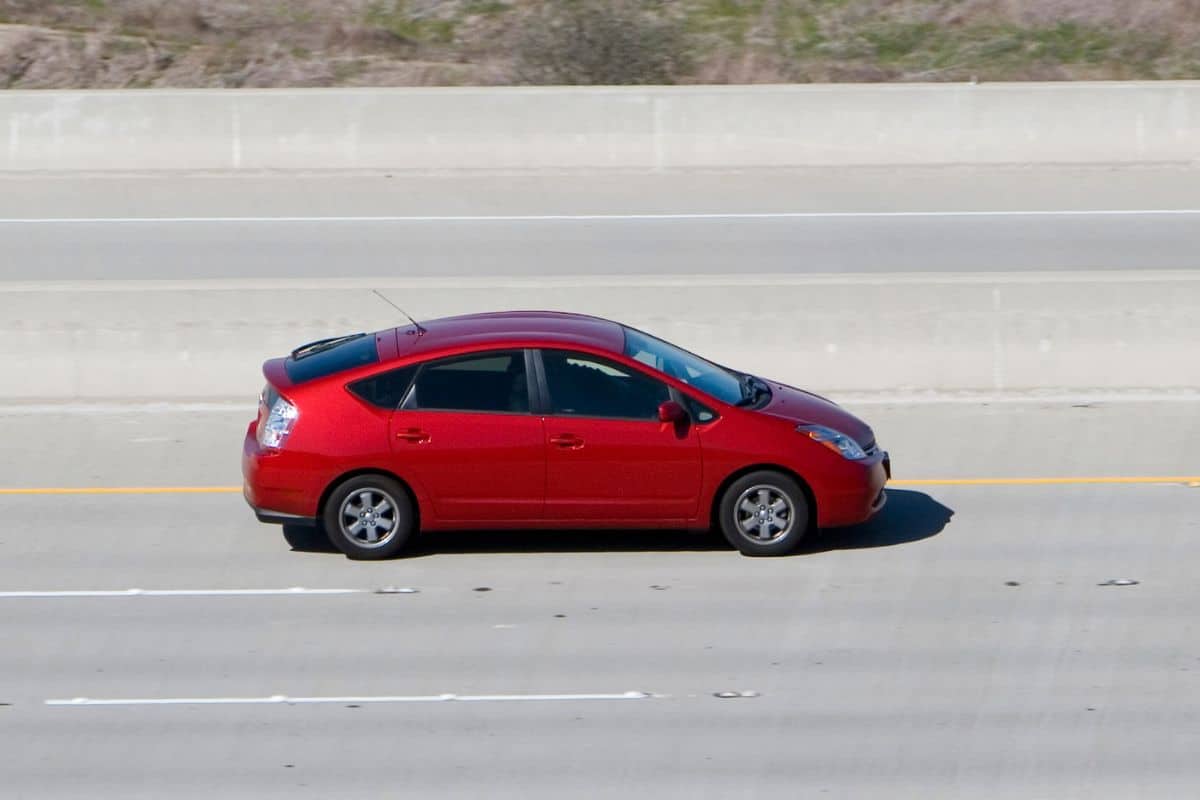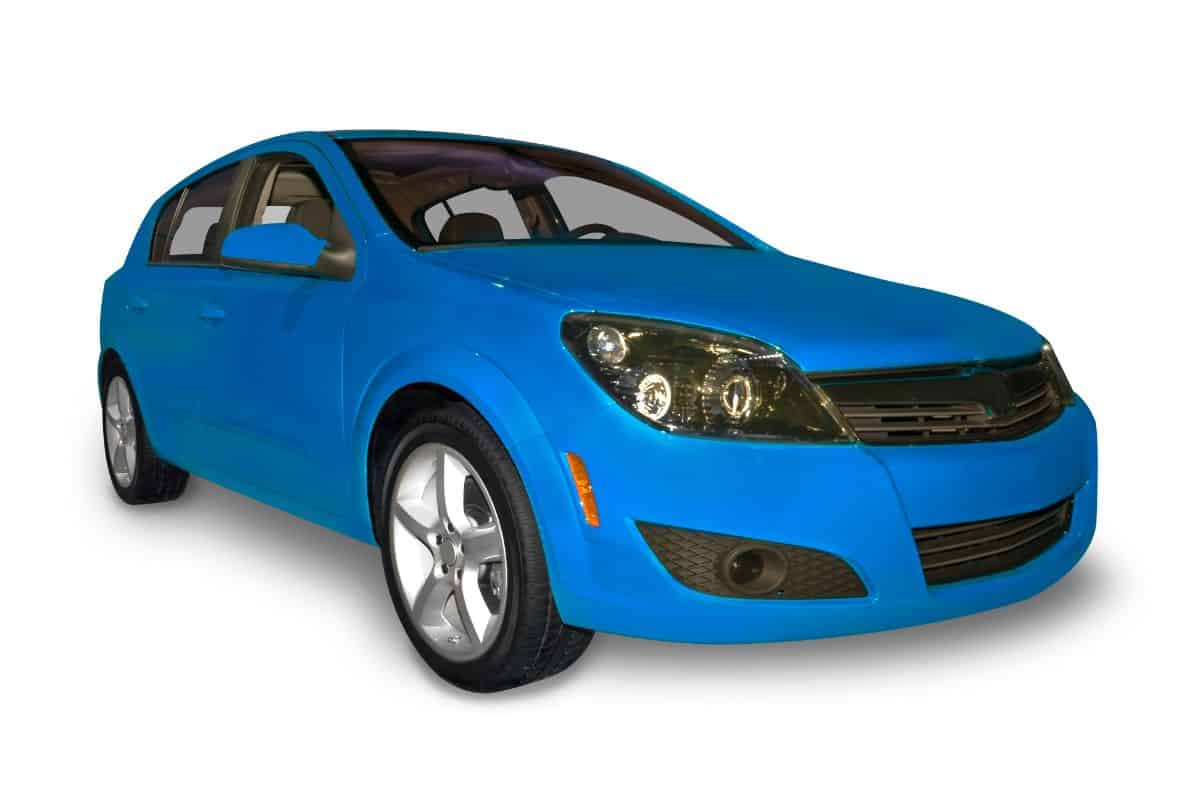Do you own a hybrid car and are worried about how dependable it will be in the next few years?

The complexity of these cars may bring other costs as well as some issues, as well as some possible benefits.
Read on in this article to find out how these cars stack up compared to the gas-powered alternative.
Not a hybrid owner but curious about hybrid cars? Get the facts you need to make an informed decision with my well-researched article on whether hybrid cars are worth it.
Are Hybrid Cars Dependable?
Hybrids have been proven to be dependable over the years, but some can be put off by the complexity of the drivetrain as it’s perceived that having more systems in place means there’s more chance of something going wrong, but this isn’t true.
Like with any car, you want something that will last through the rough and tumble of everyday life and with as few repairs as possible.
If you’ve made the jump to a hybrid car, working out whether it’s reliable or not isn’t an exact science but is instead determined by guesswork, which could be different depending on the model you own.
You may have seen manufacturers like Honda that have had problems with the hybrid battery.
This issue applies to their older models, and as more people make the switch, the technology to create these cars will improve.
Even though this market is a slow one in the US, the market makes up 2.4% of all cars in the US.
A good reason why people decide to purchase one of these cars is because of the low CO2 emissions and good MPGs that are helpful in regards to running costs.
In fact, comparing the two types of cars shows that repair frequencies tend to be around the same and that some hybrids experience fewer engine and transmission issues than gas vehicles.
Common Issues Found In Hybrids
Now that we have an overview of the dependability of hybrid cars in general, it would be useful here to list some common issues that people may experience with hybrids and offer solutions to how they can be fixed as soon and as inexpensively as possible.
Weak Battery
Unfortunately, hybrid car batteries are weaker than gas car batteries, so you’ll need to replace them sooner.
This might be an expense you don’t have to worry about in the short term, and the amount you can save on gas with a hybrid makes the system seem worth it, but replacing it can be expensive.
In some models, however, you could sell the hybrid you have by the time the battery is due for a change and the average battery lasts from 80,000 to 100,000 miles.
This might not be an issue for you if you have owned the car for less than 8 years.
Still, if you want some guarantee, you can purchase a vehicle with a warranty that can cover this time and saves you money if there are any issues with the battery during the period of the warranty.
Catalytic Converter

You may not realize that this issue occurs because your hybrid is often quiet when running.
You’ll start to notice that when you drive at higher speeds more often, it will sound more like a standard gas engine the more you crank up the speed, which is a sign of a missing or malfunctioning catalytic converter.
This component can seem like an afterthought but is necessary to control emissions, so when it malfunctions, you can expect a higher bill, which could go higher if there are more underlying issues.
You have a few options to soften the blow of the cost if you were to use aftermarket parts, or your mechanic or service technician from the manufacturer might be able to acquire the component from another vehicle or a scrapyard.
You should also consider the costs of labor, so if the total cost is more than the resale value of the car, you may want to consider your options.
Oxygen Sensors
Similar to combustible engines, this sensor monitors how much unburned oxygen is in the exhaust as fumes exit the engine and measures your fuel mixture.
Over time this sensor can diminish and, if not checked, can leave you with issues with efficiency and engine operation.
You can normally find out about this fault as the check engine light should show on your dashboard.
When replacing one of these, it can be quite difficult as you could get the part cheaper than directly from the manufacturer, but some models of hybrid can be quite finicky with these sensors and should be considered only if you’re looking for a quick fix if you can’t find it in stock anywhere, for example.
Low Gas Mileage
Your mileage works best on those journeys where you’re forced to apply the brakes, which use the energy produced to recharge the battery, so this issue can affect you more based on how you drive your car and how often you use the brakes.
This efficiency issue could affect your running costs with a car that, in this instance, performs similarly to a compact car, so you’re not benefiting from the hybrid nature of your vehicle.
If you’re wondering how to get around this, an easy method would be to use the car for shorter journeys and near cities, so you have to use the brakes, which could power up your battery for those longer journeys.
You can also take advantage of simple methods such as accelerating gently and maintaining a steady speed, and setting the AC on recirculate, which saves energy on those longer journeys.
Conclusion
Whether or not you decide to switch to a hybrid, some of these issues might be oversights compared to the savings you could make in gas consumption, and you’ll find that you may have to take it in for repairs as often, or even less, than your standard gas-powered car.
However, the mileage could save you money if you feel that gas prices are too much for you to bear and you tend to use your car for short journeys, which is a benefit of any type of hybrid in general.
Buying or holding onto your hybrid vehicle for the future certainly can be dependable for you as long as you maintain it and drive sensibly, and you’ll find that repairs aren’t going to be as often as you fear.
- Tesla Charger Installation Cost (Home Setups) - March 1, 2024
- Tesla Phone Key Disconnected (Troubleshooting Guide and Quick Fixes) - March 1, 2024
- Tesla FSD 12 (Explained) - March 1, 2024